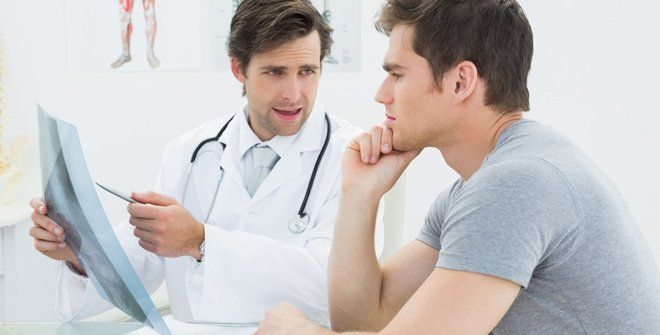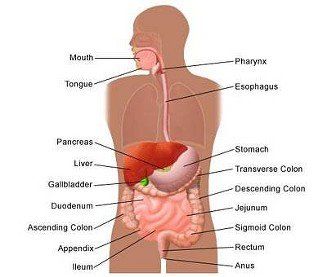Three Office Locations & Two Endoscopy Centers To Serve You
Providing compassionate care and a state of the art facility

Get the very best in digestive track care
This procedure combines X-ray imaging and the use of an endoscope to diagnose and treat problems in the liver, gallbladder, bile ducts and pancreas.
The endoscope is a thin, flexible tube that lets your doctor see inside your bowels, is carefully guided through the mouth and esophagus, into the stomach and duodenum. Dye injected through a tube in the scope highlights the internal organs and makes them more clearly visible on an X-ray.
Your doctor might apply a local anesthetic to your throat or give you a sedative to make you more comfortable. Some patients also receive antibiotics before the procedure. The instrument does not interfere with breathing, but you might feel a bloating sensation because of the air introduced through the instrument.
When should I get a ERCP?
- Confirming the diagnosis of cancer of the pancreas or the bile duct
- Gallstones in the bile duct
- Unexplained loss of appetite and weight loss
- Persistent or recurrent upper abdominal pain which cannot be diagnosed by other tests
- Blockage of the bile duct by stones, cancer, stricture or compression from adjacent organs
- Jaundice (yellow coloring of the skin) due to obstruction of the bile duct

Frequently asked questions:
Q. When are ERCPs performed?
A. ERCP may be performed for a variety of reasons. The most common reason is to find and remove gallstones lodged within the bile duct. However, other reasons can include finding causes of persistent pain in the upper abdomen on the right side, looking for causes of acute pancreatitis and to relieve obstruction of the bile duct caused by tumors such as pancreas cancer.
Q. What are the preparation needed before the procedure?
A. A person undergoing this procedure should have an empty stomach, meaning nothing to eat or drink for about 6 hours before the test, as sedation is given. The local anesthesia and intravenous sedative takes away any sensation of gagging.
Q. How long does the procedure take?
A. The procedure takes 20 to 30 minutes. As you will be sedated, you will need to rest at the endoscopy suite for 1 to 2 hours until the medication wears off.
Q. Who will perform the ERCP?
A. A gastroenterologist doctor who specializes in the gastrointestinal system, will perform the procedure. There will also be a nurse present, who will carefully observe for the entire time.
Q.Will the procedure be painful?
A. Generally the majority of the patients do not feel or remember anything. If pancreatitis occurs, the pain does not usually start until 4 hours after the procedureks.
Q. What will happen after the procedure?
A. After the procedure it will take about 60 minutes for sedation medication to wear off. Sore throat and bloating are normal right after the procedure. You may be observed for 3-4hrs after the procedure before you are discharged home..
Q. What are the risks of the Procedure?
A. Risks and benefits have to be evaluated prior to the procedure. Risks include bleeding, infection, pancreatitis (inflammation of pancreas) and rarely perforation (hole in the bowel).
Apply the technology of endoscopy for a healthier and more fulfilling life.
Our team of gastroenterology specialists will ensure you feel safe and comfortable throughout the endoscopy test.
Take the first step in lowering your risk of pre-cancerous and cancerous conditions by setting up an appointment with our clinic.
Hemet
951-929-1177
Murrieta
951-672-7885
Sun City
951-304-3900
